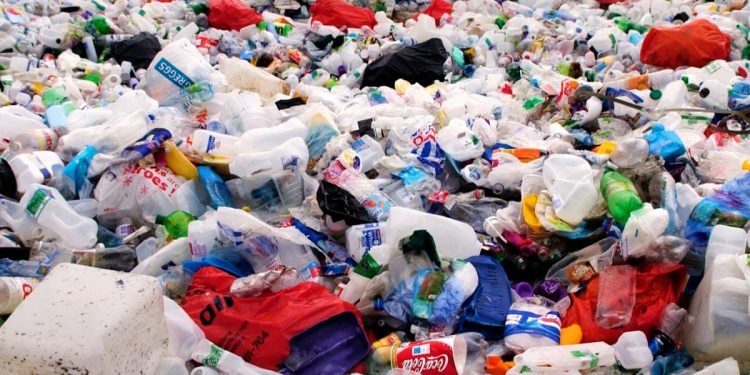A new standard has been published on biodegradable plastic that means any material claiming to be biodegradable plastic must break down into harmless wax with no microplastics or nanoplastics.
The benchmark was published by the British Standards Institution (BSI) and was attained a firm called Polymateria.
The British company created the formula, which turns plastic products, including bottles and cups, into a decomposed material at a certain point in the product lifecycle. The breakdown could take two years and result in carbon dioxide and water as well as the sludge-like material by a process initiated by natural materials like sunlight.
Biodegradable products that adhere to the benchmark will have a recycle by date on them, which gives consumers a period within which they must dispose of the item before the decomposition takes effect.
Company officials said tests showed polyethylene film broke down completely in 226 days, while plastic cups took 336 days to decompose. Currently, there are many plastic materials that do not decompose at all and continue to litter the environment for years.
The formula was designed with the consumer in mind, according to Polymateria’s chief executive Niall Dunne.
“We wanted to cut through this eco-classification jungle and take a more optimistic view around inspiring and motivating the consumer to do the right thing”, he said.
“We now have a base to substantiate any claims that are being made and to create a new area of credibility around the whole biodegradable space.”
The next stage is for the Polymateria’s polymer to pass industry tests to demonstrate it can biodegrade to the harmless state in real-life scenarios.
BSI’s director of standards Scott Steedman said:
“Tackling the global challenge of plastic waste requires imagination and innovation. New ideas need agreed, publicly available, independent standards to enable the delivery of trusted solutions by industry”.




